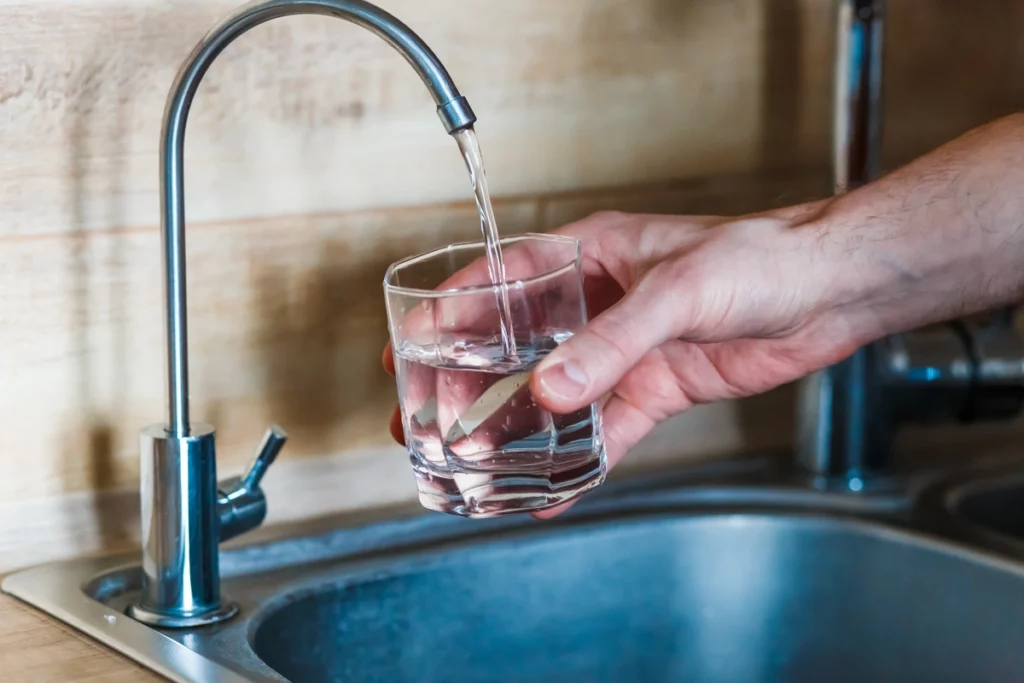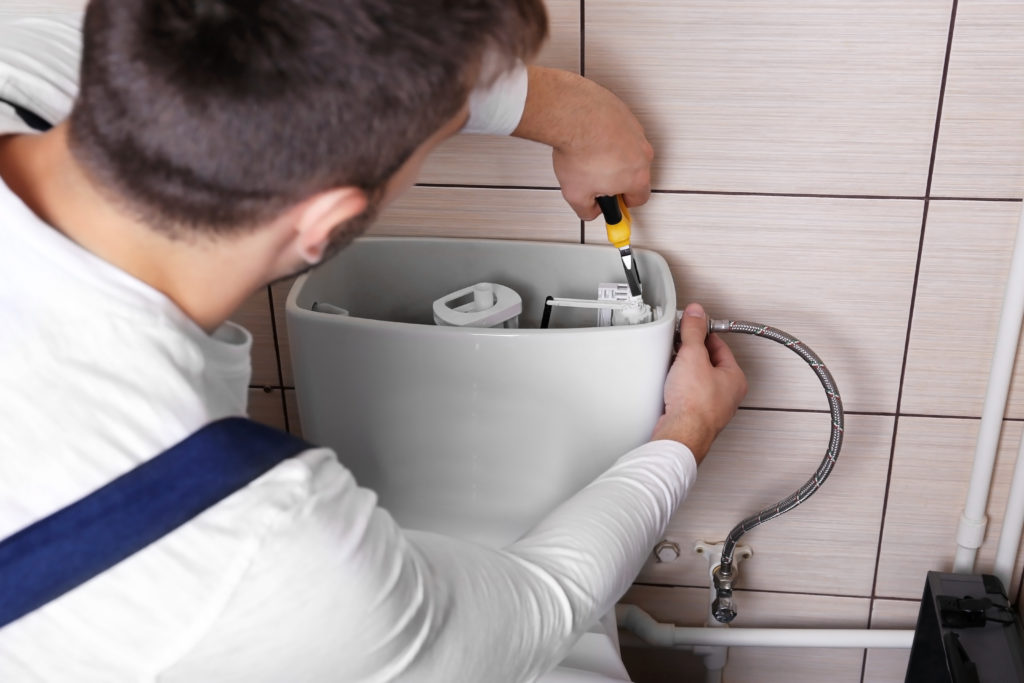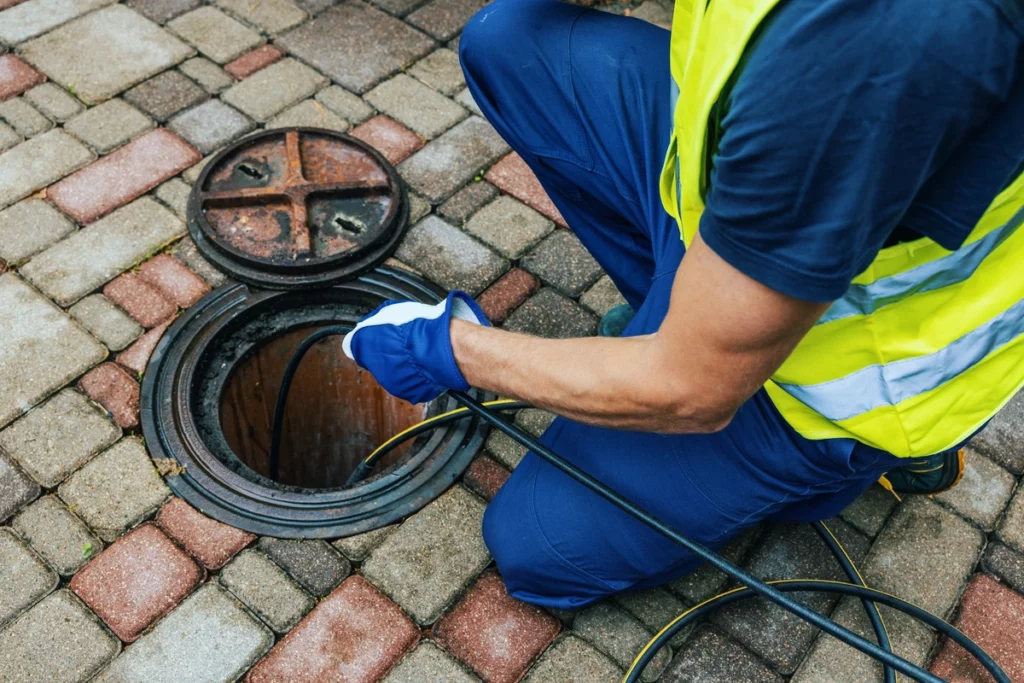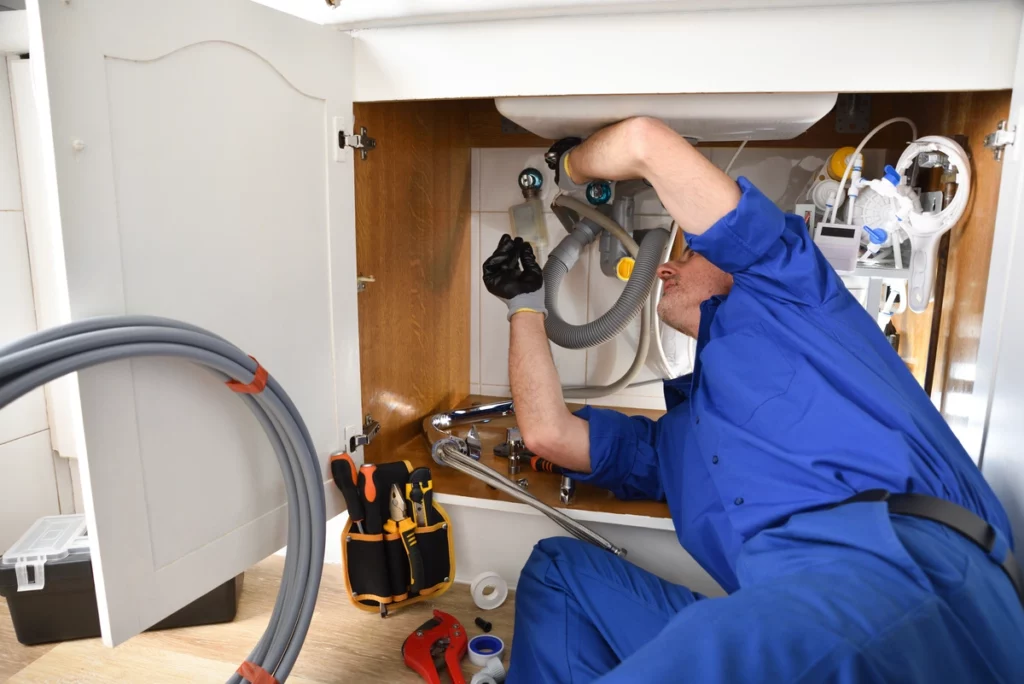Have you ever wondered if your tap water is hard or soft? Knowing your water’s hardness level can be essential for various reasons, from extending the life of your appliances to understanding its impact on your skin and hair. In this blog post, we’ll walk you through a straightforward, step-by-step guide on how to test water hardness in the comfort of your own home.
What we’ll share with you in this read:
- Defining water hardness
- The importance of testing water hardness
- 6 steps for testing the hardness of your home’s water
Keep reading to learn all about how to test water hardness and keep your water smooth and soft!
So, What Exactly is Water Hardness? 🤔
Before we jump into testing water hardness, let’s quickly clarify what it means. Water hardness refers to the concentration of minerals, primarily calcium and magnesium ions, present in your water. These minerals can naturally be found in groundwater sources.
In terms of measuring water hardness, it’s often measured in degrees of hardness, with grains per gallon (GPG) and milligrams per liter (mg/L) being common units of measurement.
Why Test Water Hardness?
Understanding your water’s hardness level can have several benefits for homeowners:
- Appliance Maintenance: It helps you prolong the lifespan of your appliances, such as water heaters, dishwashers, and washing machines, by preventing mineral buildup and limescale.
- Soap Efficiency: Knowing your water’s hardness allows you to adjust the amount of detergent and soap you use, ensuring more effective cleaning.
- Skin and Hair Care: It helps you choose the right skincare and haircare products, as hard water can leave your skin feeling dry and your hair less manageable.
- Plumbing Health: It’s essential for monitoring the health of your plumbing system, as excessive mineral buildup can lead to clogs and reduced water flow.
Testing Water Hardness at Home: 6-Step Guide 🧪
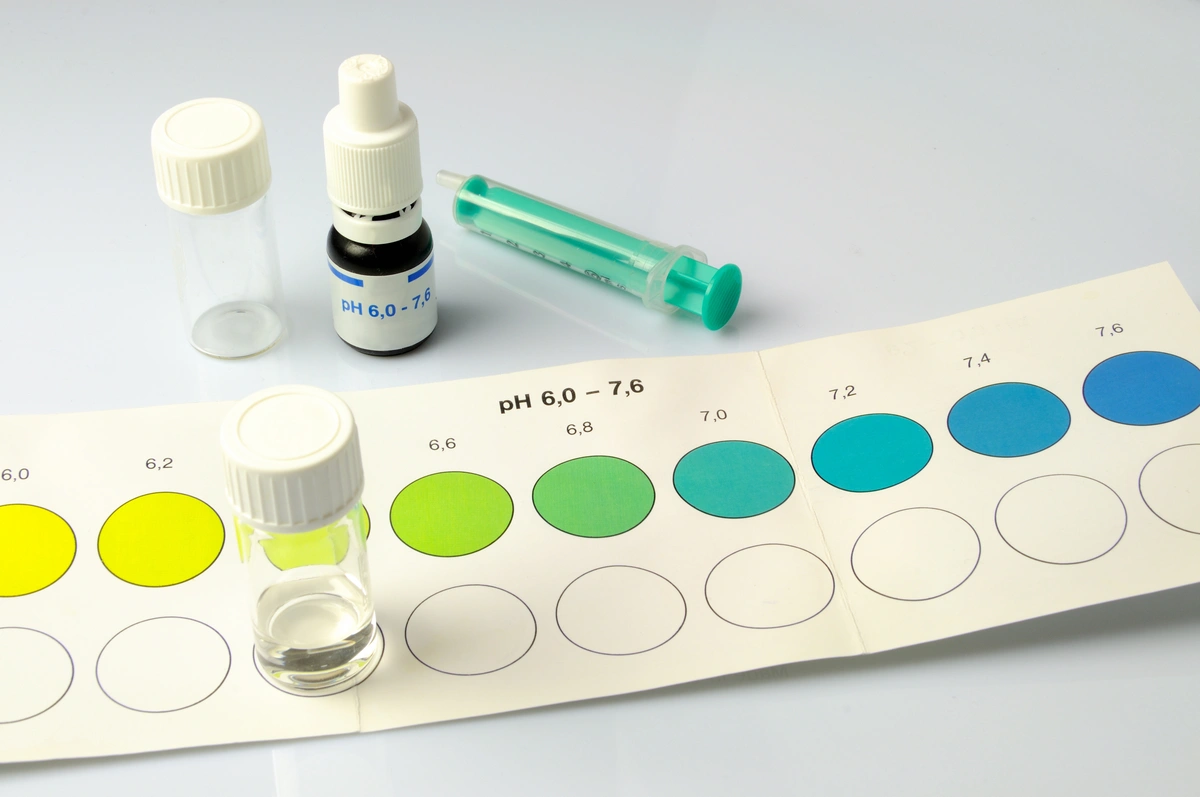
Now, let’s get down to business and explore how you can test your water hardness at home. Follow these simple steps:
1. Gather Your Supplies 🧰
Before you begin, ensure you have the following supplies ready:
- A clean, clear plastic or glass container with a lid (such as a clear plastic bottle or a glass jar).
- A clean, white dish or plate.
- Liquid soap (dish soap or hand soap).
- A stopwatch or timer.
- A water hardness test kit (readily available online or at hardware stores).
2. Collect a Sample of Your Tap Water 🚰
Start by filling your clear container with tap water. Make sure it’s at room temperature and not too hot or cold, as extreme temperatures can affect the accuracy of the test.
3. Add Soap and Shake 💦
Add a few drops of liquid soap to the water in the container. Seal the container with the lid and shake it vigorously for about 10 to 15 seconds. The soap will create suds in the water.
4. Observe the Suds 👀
Pour the soapy water onto the clean, white dish or plate and observe the suds closely. If the suds linger for a long time and remain stable, your water is likely soft. But, if the suds quickly dissipate or collapse, your water is probably hard.
5. Interpret the Results 📊
You can figure out how hard or soft your water is by looking at the bubbles when you add soap. If the bubbles stay for a while and don’t disappear quickly, your water is probably soft. If the bubbles start to go away but still stay for a bit, your water might be moderately hard. But if the bubbles vanish fast, and the water looks clear, then your water is likely hard. So, watch those bubbles to know your water better!
6. Measure the Water Hardness 📏
If you want a more precise measurement of water hardness in GPG or mg/L, you can use a water hardness test kit. These kits often come with test strips or tablets and detailed instructions for measuring hardness levels.
Understanding Water Hardness Levels 📈
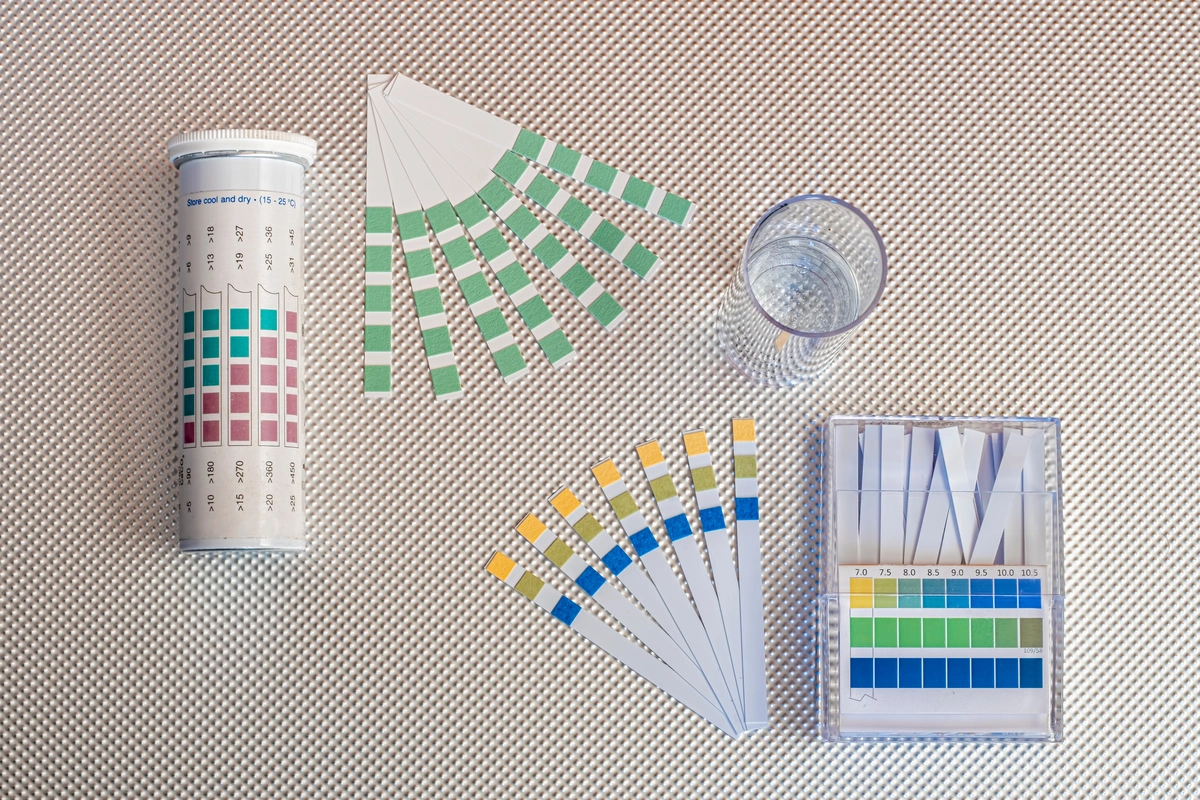
To help you further interpret your water hardness results, here’s a general guide:
- Soft Water: Typically measures below 3.5 GPG (or 60 mg/L). Soft water is gentle on skin and hair and is less likely to cause mineral buildup in appliances.
- Moderately Hard Water: Falls in the range of 3.5 to 7.0 GPG (or 61 to 120 mg/L). While not extremely hard, moderately hard water may still lead to some mineral buildup over time.
- Hard Water: Measures above 7.0 GPG (or 120 mg/L). Hard water can result in significant mineral deposits, requiring more soap and detergent to achieve satisfactory cleaning results.
What to Do with Your Water Hardness Knowledge? 🤷♀️
Now that you’ve determined your water’s hardness level, what should you do with this newfound knowledge?
- Adjust Detergent Use: If you have hard water, consider using slightly more detergent or soap for cleaning and laundry to ensure effective results.
- Explore Water Softening Solutions: For homeowners with very hard water, investing in a water softener might be beneficial. These devices can significantly reduce the hardness of your water.
- Skincare and Haircare: Choose skincare and haircare products that are suitable for your water’s hardness level. Soft water may require less moisturizing, while hard water may benefit from hydrating products.
- Appliance Maintenance: Regularly check for mineral buildup in appliances and water fixtures. Consider descaling appliances as needed to prevent efficiency loss.
Mastering Water Hardness Testing 🚿
Testing water hardness at home is a straightforward process that can provide valuable insights into the quality of your tap water. Armed with this knowledge, you can make informed decisions about your cleaning routine, appliance maintenance, and even your skincare and haircare products.
Remember, whether your water is soft, moderately hard, or hard, there are steps you can take to ensure that it meets your needs and maintains the health of your household. So, go ahead and put your water hardness testing skills to good use!
Get in touch with the friendly and expert plumbers at AJ Alberts today. We’re happy to answer any questions about how to test water hardness in your home–our goal is to make plumbing easy for you!

